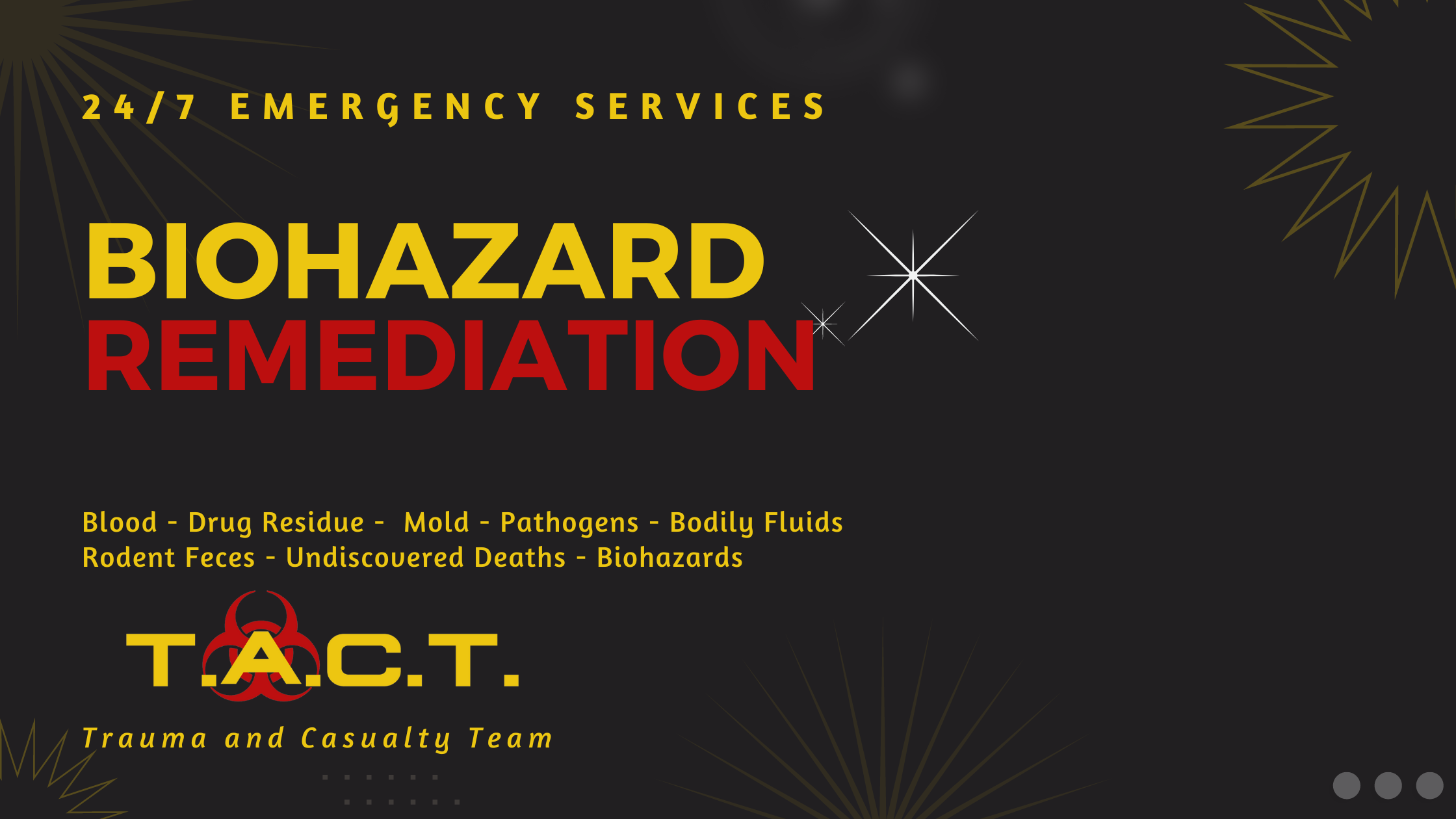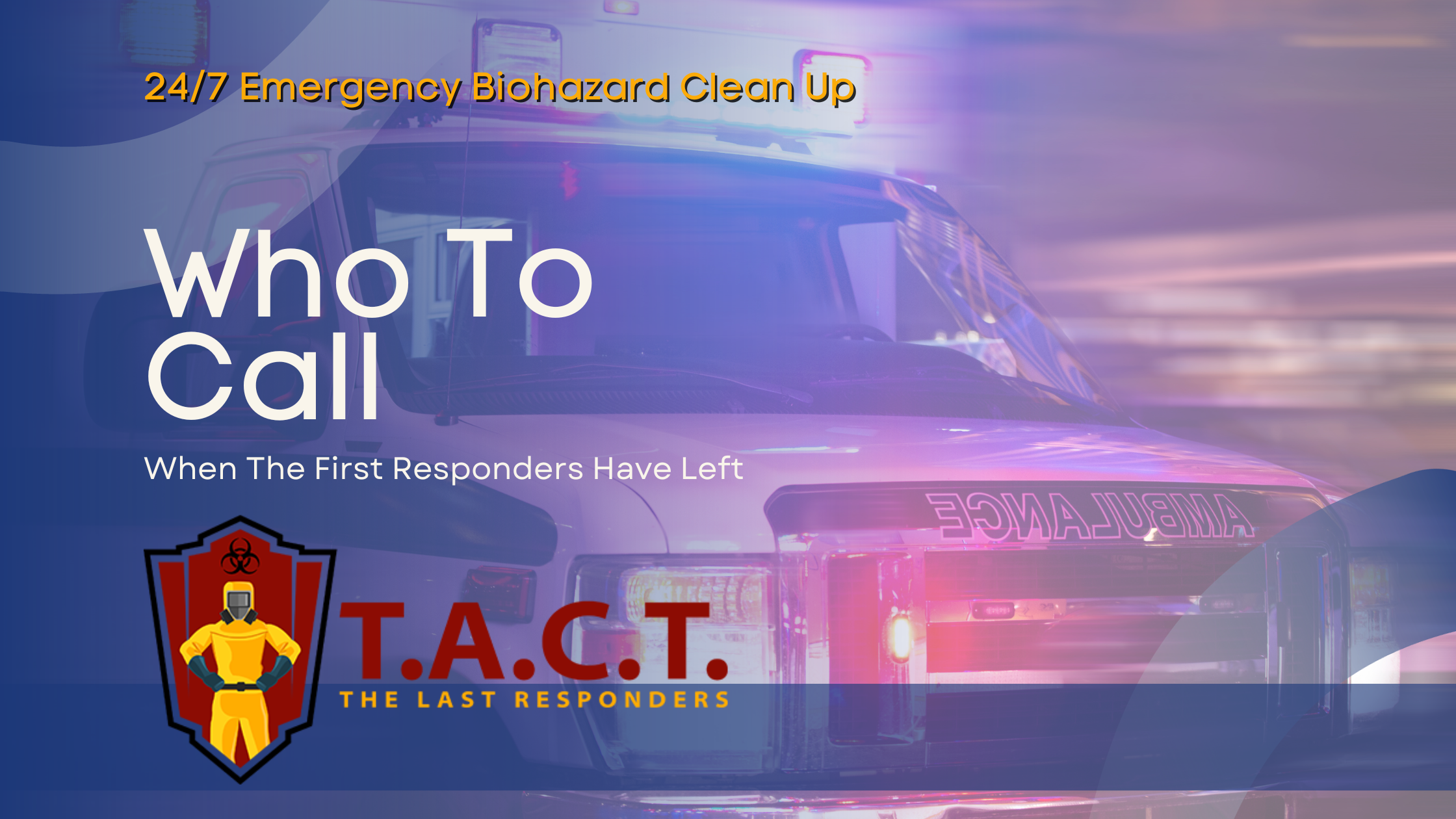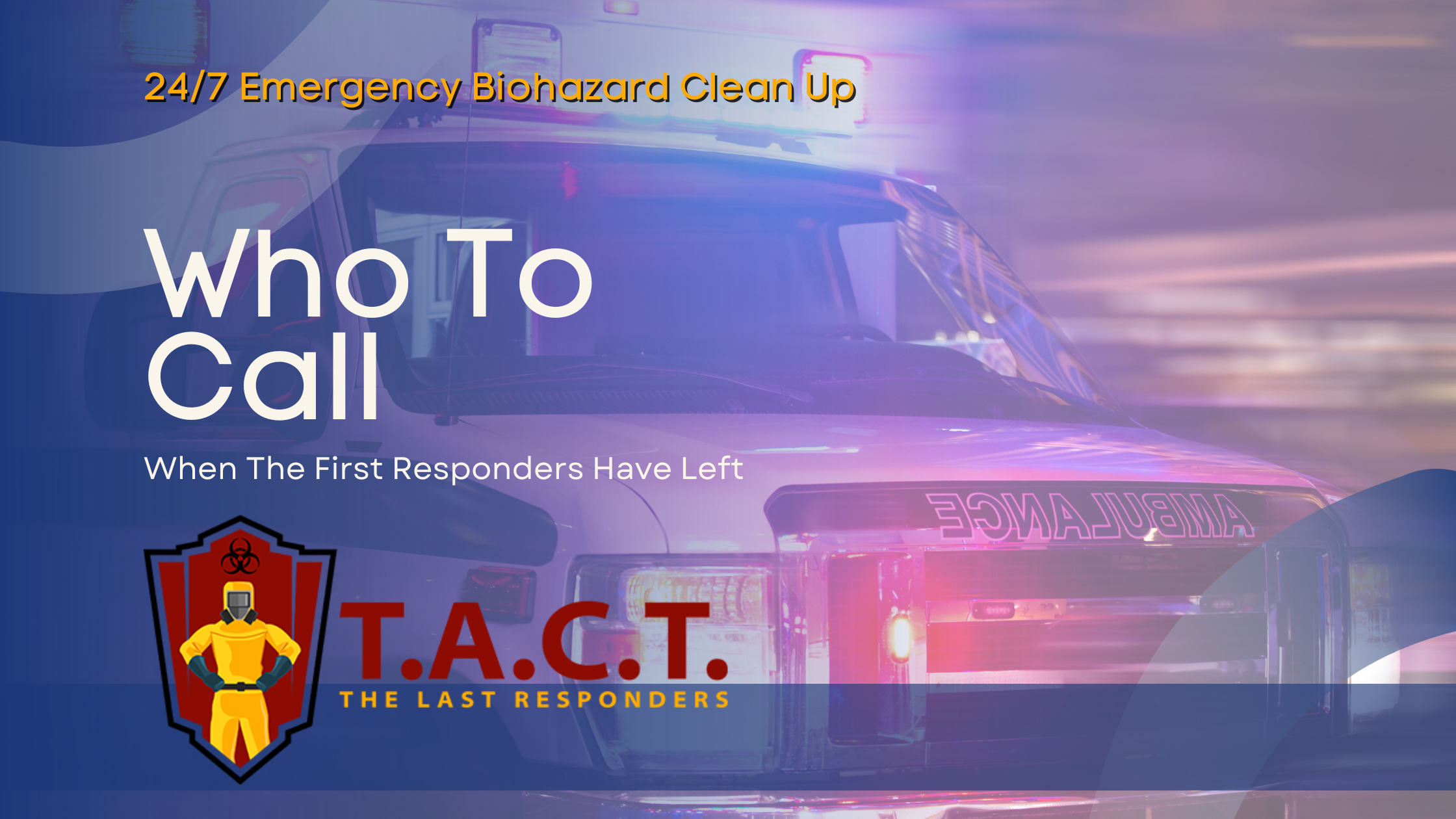Best way to clean Rat Poop safely and effectively
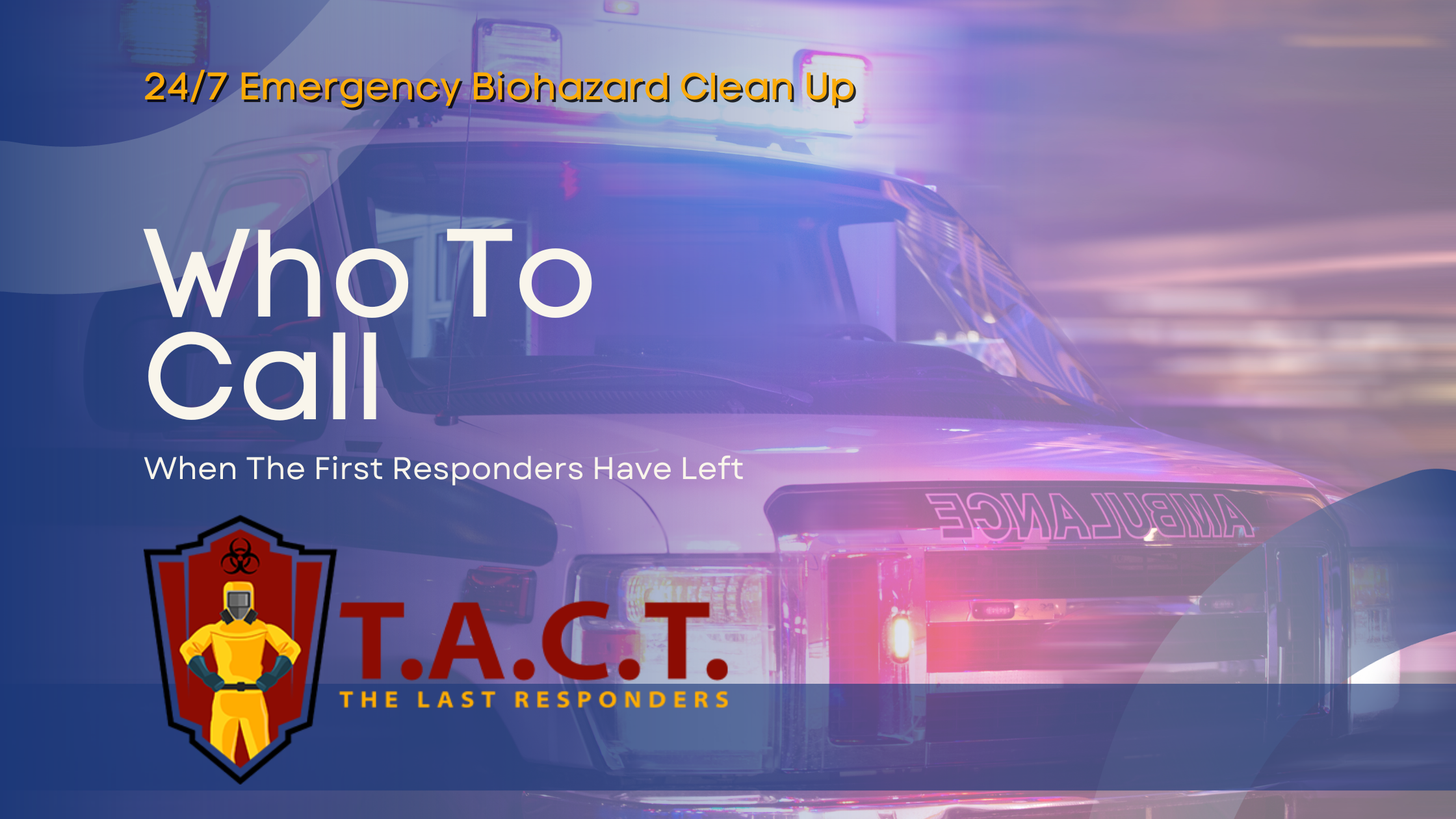
How to Clean Rat Poop Safely and Effectively

13-Jul-2025
Introduction
This guide is for homeowners, renters, and property managers who need to safely clean up after a rodent infestation. Cleaning rat poop properly is important to protect your health and keep your home safe. Rodent droppings can transmit diseases like hantavirus and Lassa fever through urine and feces. Proper cleanup of rodent droppings is essential to protect health and restore spaces safely.
If you’re wondering how to clean rat poop, you’re in the right place. This guide will show you how to clean rat poop safely and effectively, step by step, following the latest recommendations for home safety and health.
Key Takeaways
Prioritize safety by wearing protective gear such as gloves, masks, and eye protection while cleaning rat droppings.
Follow a step-by-step cleaning process that includes disinfecting droppings and using appropriate cleaning techniques for various surfaces.
Implement preventive measures to deter future rodent infestations, including sealing entry points, proper food storage, and regular home inspections.
Prioritize Safety: Essential Gear and Preparation
Safety should be your primary concern before starting the cleanup. Proper preparation and protective gear significantly reduce the risk of exposure to harmful particles. Start by ventilating the area—open windows and doors for at least 30 minutes to let fresh air in and reduce airborne contaminants.
Required Protective Gear:
Rubber or plastic gloves
N95 mask or respirator
Long sleeves and pants
Eye protection
Cleaning up rodent droppings without gloves or a mask can lead to respiratory infections. The main danger from rodent droppings is not touching them, but disturbing dry droppings, which can release airborne particles containing pathogens.
These items help shield you from harmful bacteria and potential diseases. Avoid vacuuming or sweeping the droppings to prevent aerosolizing hazardous particles, which increases the risk of inhalation. Wearing a dust mask can provide additional protection.
Wearing protective gear like rubber gloves and plastic gloves is also crucial when dealing with dead rodents to minimize contamination risks. Wearing gloves while adhering to these safety guidelines establishes a solid foundation for a safe and effective cleanup.
Now that you understand the importance of safety, let's explore the health risks associated with rodent droppings.
Understanding Health Risks
Rodent droppings and mouse droppings pose significant health risks and can be considered a health hazard, as they can carry disease, transmit diseases, and are a source of rodent-borne disease, including diseases such as hantavirus: symptoms and prevention like hantavirus pulmonary syndrome and hemorrhagic fever with renal syndrome.
Rodent droppings can spread bacteria, trigger allergies, and transmit diseases such as hantavirus. Diseases are mainly spread to people from rodents when they breathe in contaminated air. Exposure to rodent waste, including feces from an infected rodent or rats, can lead to serious illness, with symptoms of hantavirus pulmonary syndrome including fatigue, fever, and muscle aches appearing 1 to 8 weeks post-exposure.
Identifying the species of rodent is crucial for determining the appropriate cleanup and pest control methods, as rat droppings carry more dangerous pathogens compared to mouse droppings, requiring stricter cleaning methods. Rodents can carry hantavirus, and mouse droppings can also contribute to these health risks.
Hemorrhagic fever with renal syndrome can cause intense headaches, fever, and abdominal pain 1 to 2 weeks after exposure. Given these risks, clean up rodent droppings immediately, follow guidance on what to do if you find rat droppings, and take preventive measures to avoid exposure.
With an understanding of the health risks, the next step is to identify what type of rodent droppings you are dealing with.
Identifying Rodent Droppings
Recognizing rodent droppings is the first step in addressing a rodent infestation and planning an effective cleanup. Mouse droppings are typically ¼ inch long or less and resemble dark grains of rice. Rat droppings are larger, about ½ to ¾ inch long, and resemble black olive pits or oversized raisins. Identifying the species of rodent is crucial for determining the appropriate cleanup methods and pest control measures.
Rodent Type | Size | Appearance |
|---|---|---|
Mouse | ¼ inch or less | Dark grains of rice |
Rat | ½ to ¾ inch | Black olive pits or oversized raisins |
You may find these droppings along walls, in corners, or near food sources, as rodents tend to leave waste where they travel and nest.
When inspecting for rodent droppings, always wear rubber or plastic gloves to avoid direct contact. Rodent droppings can carry harmful diseases such as hantavirus pulmonary syndrome and rat bite fever, so wearing rubber gloves and other protective gear is essential. If you suspect a rodent infestation, identifying the type of droppings can help determine the best cleanup and prevention strategies, while also protecting yourself from exposure to dangerous pathogens.
Once you've identified the droppings, follow these steps to clean them safely.
Step-by-Step Cleaning Process
The CDC recommends a wet-cleaning method using a bleach solution to safely clean up rat droppings. Do not sweep or vacuum dry rodent droppings before treating the area with disinfectant, as this can stir up contaminated dust and increase health risks.
Preparation
Ventilate the Area: Open windows and doors for at least 30 minutes.
Wear Protective Gear: Put on gloves, an N95 mask, long sleeves, and eye protection.
Prepare Disinfectant: Mix 1 part household bleach with 9 parts water, or use a household disinfectant.
Cleaning Steps
Spray Droppings: Spray droppings and urine with the bleach solution or disinfectant. Allow it to soak for at least 5 minutes to neutralize pathogens.
Do Not Sweep or Vacuum: Never sweep or vacuum dry droppings before treating with disinfectant.
Wipe Up Droppings: Use disposable paper towels to wipe up the wet droppings and cleaning solution.
Repeat as Needed: For large areas, repeat spraying and wiping until all droppings are removed.
Disposal
Double-Bag Waste: Place used paper towels and droppings in one plastic bag, seal it, and then place it in a second sealed bag before disposal.
Dispose of Cleaning Materials: Dispose of all used cleaning materials, such as gloves and paper towels, in a sealed plastic bag to prevent contamination.
Wash Hands: After removing gloves, wash your hands thoroughly with soap and water.
For carpeting and upholstery, use a commercial-grade steam cleaner or shampooer for disinfection. For contaminated clothing and bedding, wash in hot water with detergent and dry on a high heat setting.
Rodent droppings can carry disease, spread bacteria, trigger allergies, and transmit diseases such as hantavirus, mainly when contaminated air is breathed in.
After removing the droppings, thoroughly clean the contaminated area with a household disinfectant or bleach solution to get rid of any remaining pathogens and ensure the area is sanitized and safe.
Transitioning from cleaning, it’s important to minimize airborne particles during the process.
Preventing Airborne Particles During Cleanup
Minimizing airborne particles during rodent waste cleanup is crucial for reducing the risk of inhaling harmful diseases. Never sweep or vacuum rodent droppings, as this can send dangerous particles into the air. Instead, use a spray bottle filled with a disinfectant or bleach solution to thoroughly wet the droppings before you begin cleaning. Allow the solution to soak for at least five minutes—this helps keep particles from becoming airborne.
When you begin cleaning, use paper towels or disposable rags to pick up the droppings, and always wear personal protective equipment such as a mask or respirator, rubber or plastic gloves, and protective clothing. After disposing of the waste in sealed garbage bins, wash your hands thoroughly with soap and water. These steps will help minimize exposure to airborne particles and prevent the spread of harmful diseases during rodent droppings cleanup.
With airborne risks addressed, let’s move on to disinfecting the contaminated areas.
Disinfecting Contaminated Areas
Disinfecting Hard Surfaces
Disinfecting areas where rat droppings were found ensures your home is safe from harmful pathogens and aligns with best practices for safely cleaning rodent droppings. It is recommended to use a cleaning solution made from household bleach and water for disinfecting contaminated areas. Soak the droppings and urine with a bleach solution or household disinfectant for at least five minutes to kill any bacteria or viruses.
Avoid sweeping or vacuuming the droppings, as this can release harmful particles into the air, increasing the risk of inhalation. Instead, after allowing the disinfectant to sit, wipe the area with paper towels and dispose of them in a covered trash can. If an item is heavily contaminated with rodent waste, it may be necessary to discard it. This method ensures that any contaminants are safely removed without spreading.
To prevent future infestations, follow these steps to disinfect all hard surfaces:
Disinfect all hard surfaces, including floors and countertops.
Use a household disinfectant or a household bleach cleaning solution.
Let the disinfectant sit for at least five minutes to ensure proper sanitation.
Disinfecting Soft Surfaces
For carpets and upholstery, use a commercial-grade steam cleaner or shampooer to disinfect and remove any remaining pathogens. For contaminated clothing and bedding, wash in hot water with detergent and dry on a high heat setting. For items sensitive to heat, such as bedding or stuffed animals, consider air drying after washing to prevent damage.
Thoroughly disinfecting contaminated areas effectively eliminates health risks and maintains a clean environment, much like proper remediation does when dealing with harmful mold and mildew growth.
With the area disinfected, you may also need to address lingering odors and stains.
Handling Rat Urine Odor and Stains
Rat urine often accompanies droppings, contributing to unpleasant odors and urine stains. Addressing these odors and stains restores your home’s cleanliness and comfort. Enzyme cleaners effectively break down the components of rodent urine, neutralizing both smell and stains.
For using enzyme cleaners effectively:
For hard surfaces, spray a non-toxic surface-safe enzyme cleaner directly onto the affected area.
Allow it to sit for several minutes to break down the urine components fully.
For porous materials like carpets and fabrics, multiple applications may be necessary to completely eliminate persistent odors.
Many enzyme cleaners are biodegradable and safe for various household surfaces, making them an excellent choice for comprehensive cleaning.
Using enzyme cleaners and following these steps effectively handles rat urine odor and stains, ensuring your home smells fresh and is free of unsightly marks. If odors persist after cleaning, it may be necessary to replace heavily soiled insulation to fully eliminate urine smells.
Once odors and stains are managed, you may need to safely dispose of any dead rodents found during cleanup.
Safe Disposal of Dead Rodents
Handling dead rodents, such as finding a dead rat, requires careful attention to safety to prevent potential health risks, especially when you are cleaning up after a broader rodent infestation.
Steps for Safe Disposal:
Wear gloves and a HEPA mask.
Spray the dead rat and the surrounding area with a disinfectant to kill any bacteria or viruses.
Using gloves, place the dead rat into a sealed plastic bag.
Place the sealed bag into a second bag and seal it securely to ensure no contaminants escape.
Dispose of the double-bagged carcass in a covered outdoor trash bin, preferably away from your property to avoid attracting other pests.
These steps ensure that the disposal process is safe and minimizes the risk of contamination.
After removing dead rodents, you may also need to clean up nests.
Cleaning Up Nests
Rodent nests are often hidden in attics, behind appliances, or inside walls, and cleaning them up requires extra caution.
Steps for Cleaning Nests:
Put on protective gear: rubber or plastic gloves, a mask or respirator, and clothing that covers your skin.
Spray the nest and surrounding area with a disinfectant or bleach solution, letting it soak for at least five minutes to neutralize harmful pathogens.
Carefully remove all nesting materials and place them in a plastic bag.
Seal this bag and place it inside a second plastic bag, tying it securely to prevent leaks.
Dispose of the double-bagged waste in a covered garbage can.
Clean and disinfect all hard surfaces and nearby surfaces where the nest was found.
Wash your hands thoroughly with soap and water after removing gloves.
These steps help prevent the spread of harmful diseases and ensure a thorough rodent waste cleanup.
With nests removed, it’s important to clean all affected surfaces effectively.
Cleaning Different Surfaces Effectively
Different surfaces require specific cleaning techniques for thorough disinfection, and using effective methods for cleaning up rodent droppings safely helps ensure you choose the right approach. Carpets, hardwood floors, and fabrics each have unique needs for removing rat droppings and ensuring sanitization.
Carpets
Removing rat droppings from carpets can be challenging due to their porous nature, so understanding how to clean rat poop on these surfaces is important.
Steps:
Use sticky pads or moist paper towels to carefully pick up the droppings.
Place the collected droppings in a sealed plastic bag.
Double-bag the sealed plastic bag for safe disposal.
After removal, disinfect the area using a commercial-grade steam cleaner or a carpet-safe disinfectant. Check the product label to ensure it's safe for carpets.
Hardwood Floors
Cleaning hardwood floors requires care to avoid damaging the wood.
Steps:
Use a wood-safe disinfectant and mop the area thoroughly.
Ensure that the surface is sanitized without causing any harm to the flooring.
Clothing and Fabrics
For rat droppings on clothing or fabrics, follow these steps:
Steps:
Use sticky pads or paper towels to remove the droppings.
Discard the droppings in a double-sealed plastic bag.
Wash the contaminated clothing with laundry detergent and hot water, adding a strong disinfectant to eliminate pathogens.
Dry on a high heat setting. If possible, wash clothing exposed to rodent droppings separately from other laundry.
For items sensitive to heat, such as bedding or stuffed animals, consider air drying after washing to prevent damage.
Before washing colored items, test for colorfastness to prevent fabric damage.
After handling contaminated clothing, remove gloves and wash your hands thoroughly to maintain hygiene.
With all surfaces cleaned, the next step is to prevent future infestations.
Preventing Future Infestations
Preventing future rodent infestations is key to maintaining a clean and safe home, just as how to clean rat poop safely is crucial after you discover activity.
Sealing Entry Points
Rodents can enter through openings as small as a dime, so inspect and seal any gaps around your home’s foundation and utility lines using steel wool and caulk to block entry points.
Sanitation and Storage
Proper sanitation practices are also essential and go hand in hand with knowing how to get rid of rat droppings without exposing your family to unnecessary health risks:
Store food in sealed containers and keep trash tightly covered to deter rodents.
Replace cardboard boxes with sealed containers to prevent rodent infestation and contamination.
Do not store pet food in open bags; always use sealed containers for pet food.
Keep indoor and outdoor areas clutter-free to eliminate hiding places.
Regularly inspect and clean areas like attics, basements, and garages to prevent rodent habitation.
Landscaping and Repairs
Landscaping choices can also impact rodent activity. Avoid dense plantings near your home and use rodent-resistant materials for repairs to enhance your home’s resistance to infestations.
These proactive measures significantly reduce the likelihood of future infestations.
With prevention in place, you can also consider natural deterrents for added protection.
Natural Deterrents for Rodents
In addition to proper cleanup, using natural deterrents can help prevent future infestations. Scents like peppermint oil, lavender oil, and fresh mint leaves are known to repel rodents—simply place them in areas where you’ve noticed rodent activity. Sealing entry points with steel wool or caulk is also essential to keep rodents from entering your home.
Maintaining a clean, clutter-free environment is another effective deterrent. Store all food in sealed containers and make sure garbage bins are regularly emptied and tightly closed. By combining natural deterrents with diligent cleaning and prevention measures, you can reduce the risk of future infestations and minimize the need for pest control services.
If you encounter persistent or severe infestations, it may be time to call in professional help.
Common Mistakes to Avoid
When cleaning up rodent droppings and urine, avoiding common mistakes is key to protecting your health and preventing future infestations.
Common Mistakes:
Neglecting to wear proper protective gear—always use rubber or plastic gloves, a mask or respirator, and protective clothing.
Using a vacuum or broom, which can stir up airborne particles and spread harmful diseases.
Failing to thoroughly disinfect hard surfaces and nearby surfaces, which can leave dangerous pathogens behind.
Not sealing entry points or storing food in sealed containers, which can attract more rodents.
By steering clear of these mistakes and following proper cleanup procedures, you can minimize exposure to harmful diseases and keep your home safe from rodent-borne threats.
If you’re unsure or the infestation is extensive, consider professional assistance.
When to Call Professional Rodent Control
Professional help may be necessary for severe rodent infestations. If you suspect a significant infestation or face challenges like dead rodents in hard-to-reach areas, professional pest control services can provide safe and effective solutions. They can also help prevent future infestations by addressing entry points and food sources.
Professionals are trained to handle hazardous situations safely and in compliance with health regulations, ensuring your home is thoroughly protected from the risks associated with rodent infestations and helping you address rat droppings quickly and safely.
Once your home is rodent-free, maintaining cleanliness is essential.
Maintaining a Clean and Safe Home
Maintaining a clean home is essential to prevent rodent infestations and protect your health. To reduce the risk of hantavirus exposure, follow these steps:
Regularly clean up any rodent droppings
Sanitize areas promptly.
Use household disinfectants.
Wear gloves during cleaning to ensure safety.
Proper food storage and regular inspections of your home can help prevent rodents from finding food and shelter. Keeping your home clean and well-maintained effectively deters rodents and maintains a safe environment for your family.
Summary
Cleaning up after a rodent infestation involves several crucial steps, from prioritizing safety and using the right gear to disinfecting contaminated areas and handling odors. By following the detailed cleaning process and taking preventive measures, you can effectively manage and prevent future infestations.
Remember, maintaining a clean and safe home is an ongoing effort. Regular inspections, proper sanitation, and professional help when needed are essential to keep your home rodent-free and your family healthy.
Frequently Asked Questions
What protective gear should I wear when cleaning rat droppings?
It is essential to wear rubber gloves, an N95 mask, long sleeves, and eye protection when cleaning rat droppings to minimize the risk of contamination. Prioritizing your safety will help protect you from potential health hazards.
How should I disinfect areas contaminated by rat droppings?
To effectively disinfect areas contaminated by rat droppings, use a bleach solution (1 part bleach to 9 parts water) or a household disinfectant, allowing it to sit for at least 5 minutes before wiping up. This ensures effective sanitation of the contaminated surfaces.
How can I remove rat urine odors and stains?
To effectively remove rat urine odors and stains, utilize enzyme cleaners that break down the components of the urine, neutralizing both the odor and the stain efficiently.
When should I call professional rodent control?
You should call professional rodent control if you suspect a severe infestation, find dead rodents in inaccessible areas, or require assistance in preventing future infestations. It is crucial to address these issues promptly to avoid further complications.
What steps can I take to prevent future rodent infestations?
To prevent future rodent infestations, seal any entry points, maintain proper sanitation, store food in airtight containers, and conduct regular inspections and cleanings in your home. These proactive measures will significantly reduce the risk of rodents entering your space.
![]()
![]()
![]()
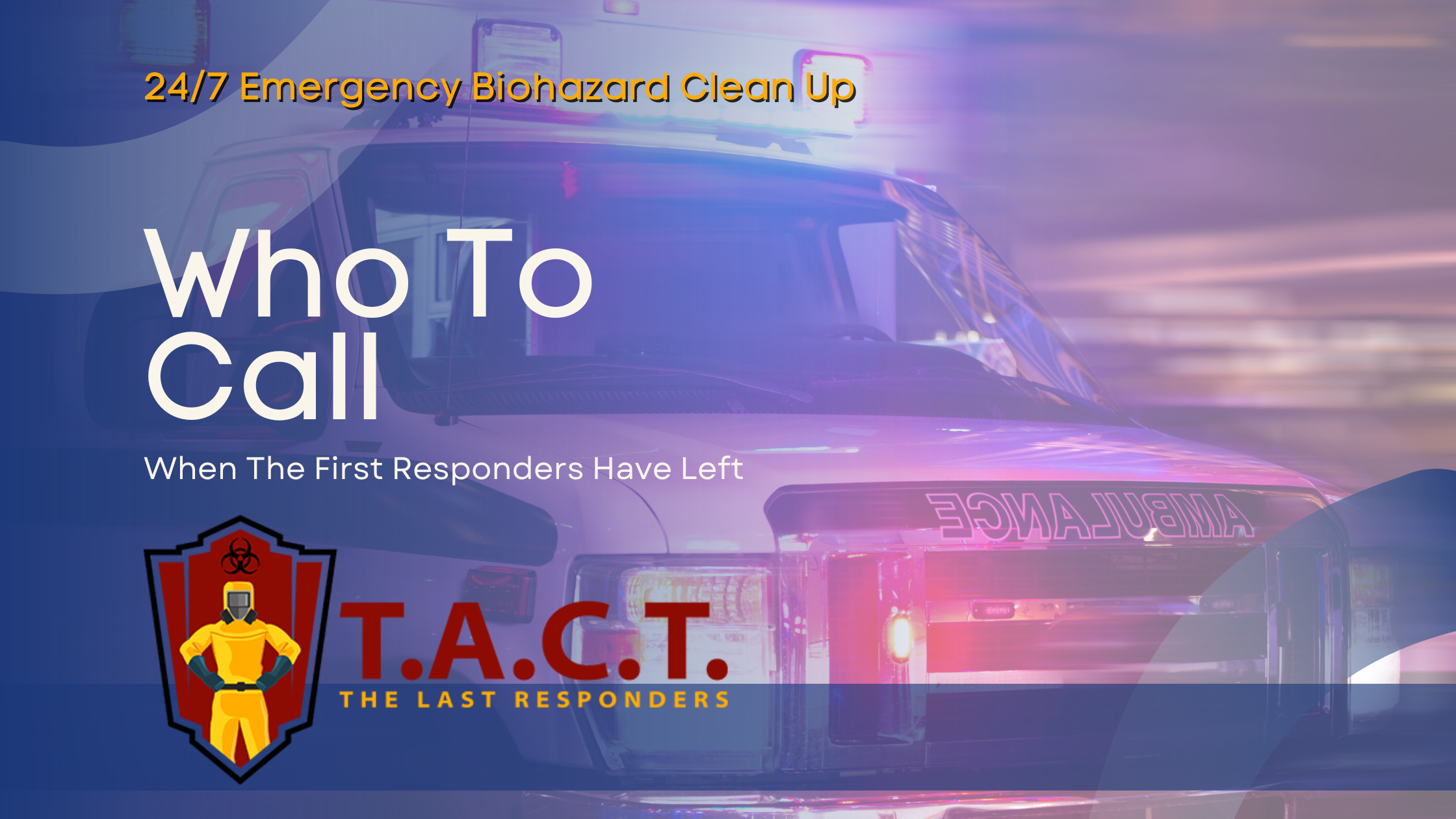
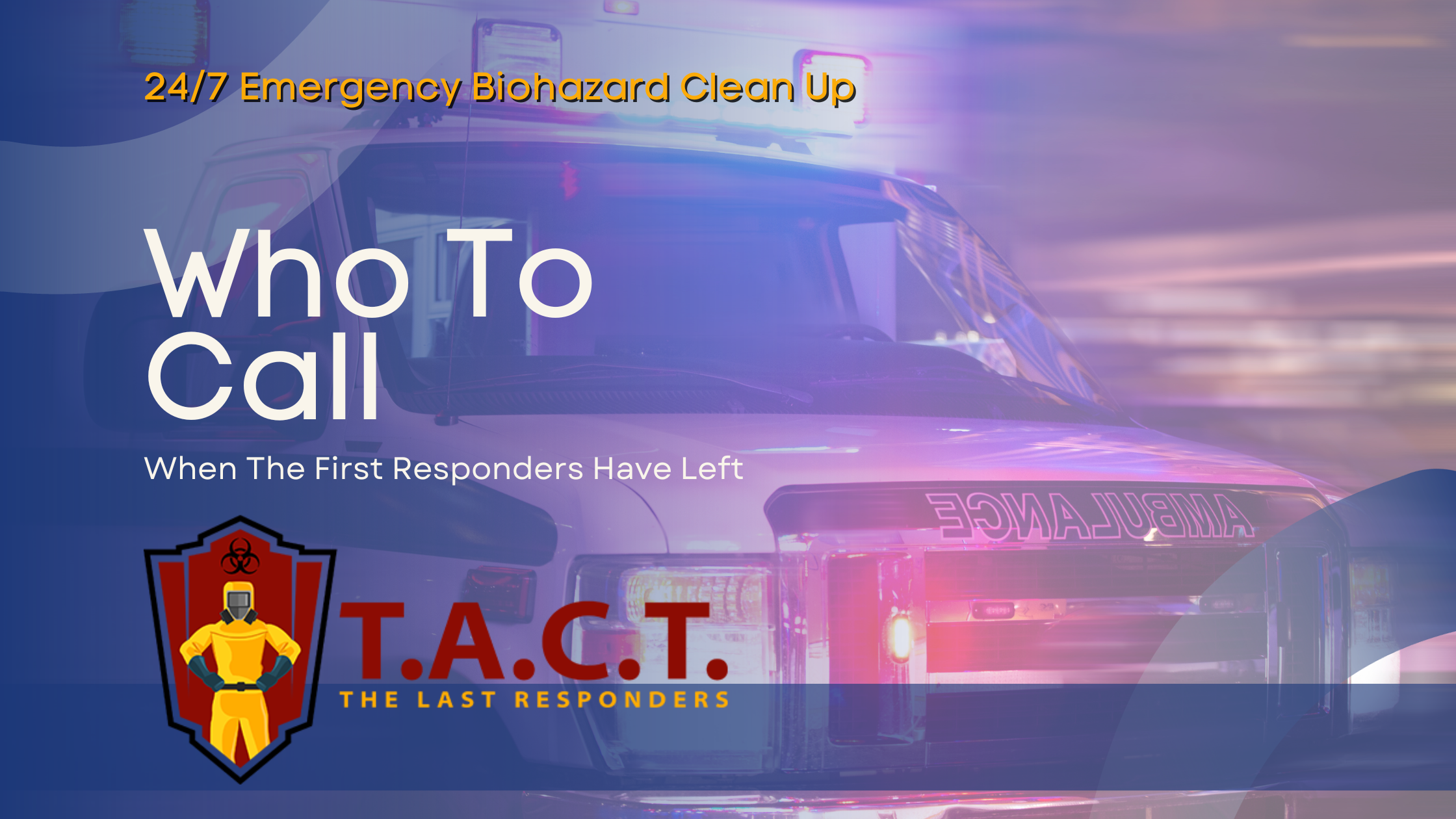
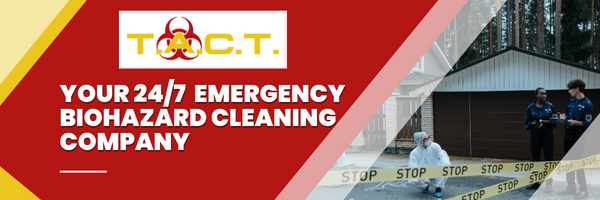

Best way to clean Rat Poop safely and effectively
